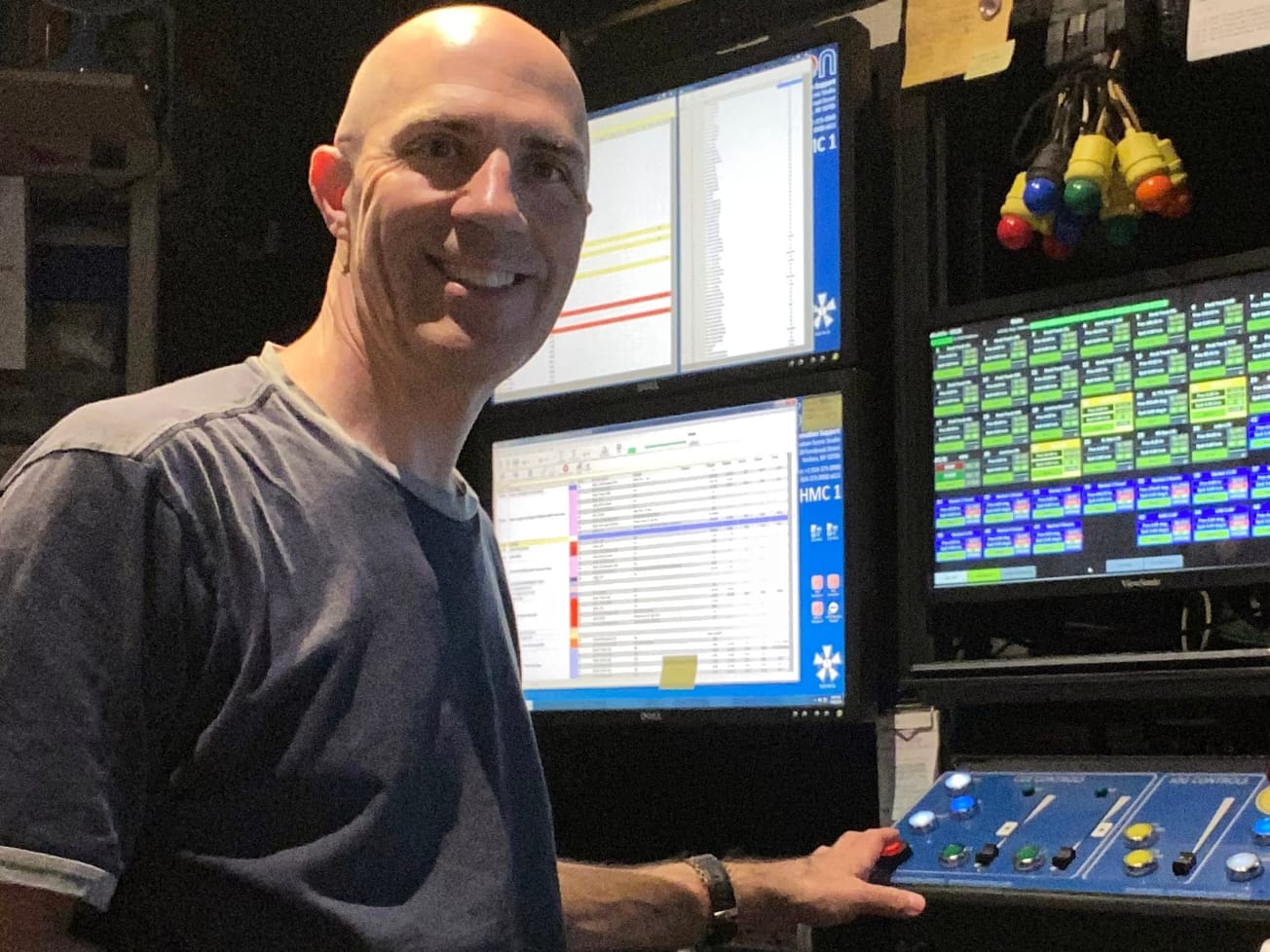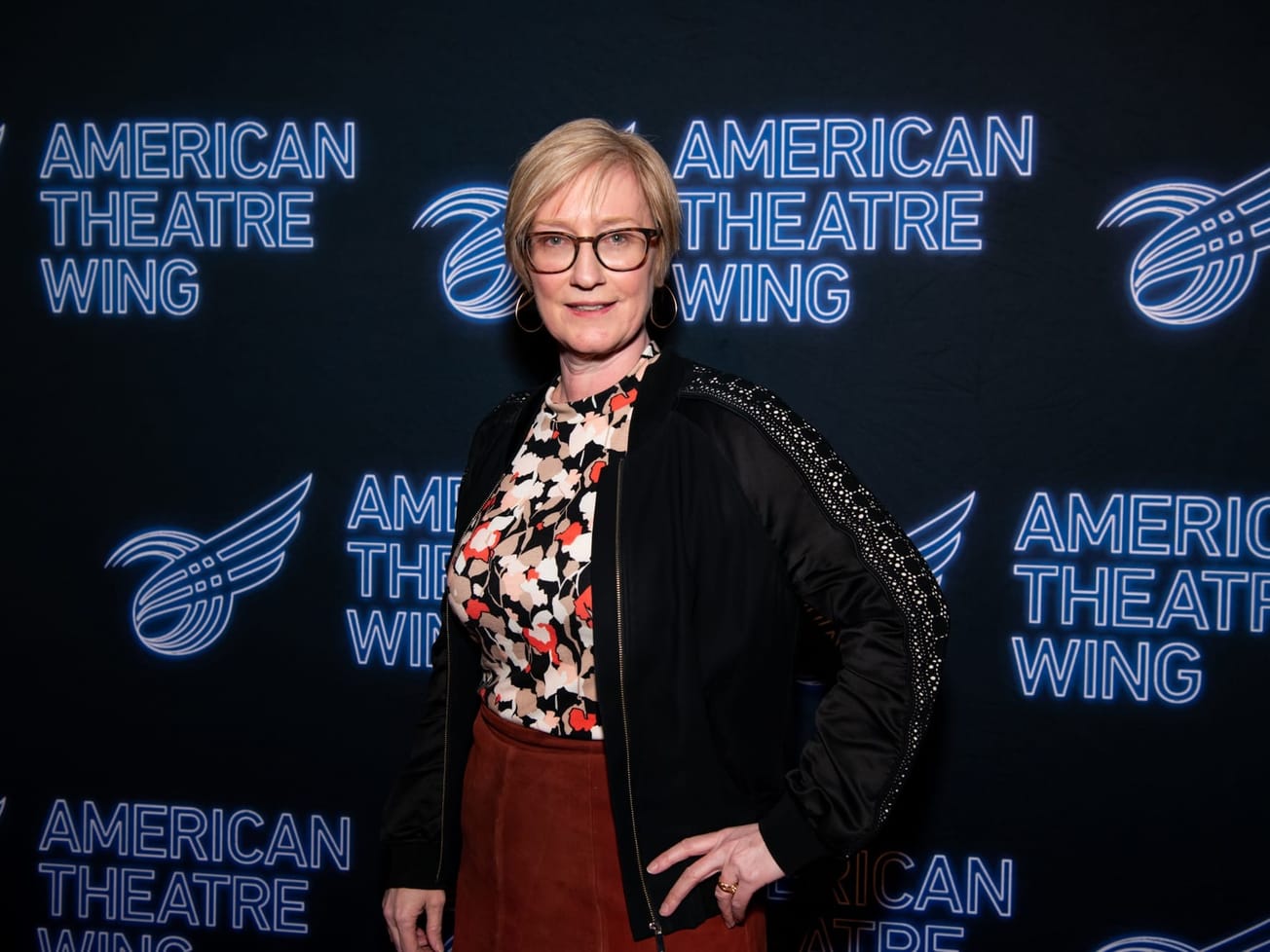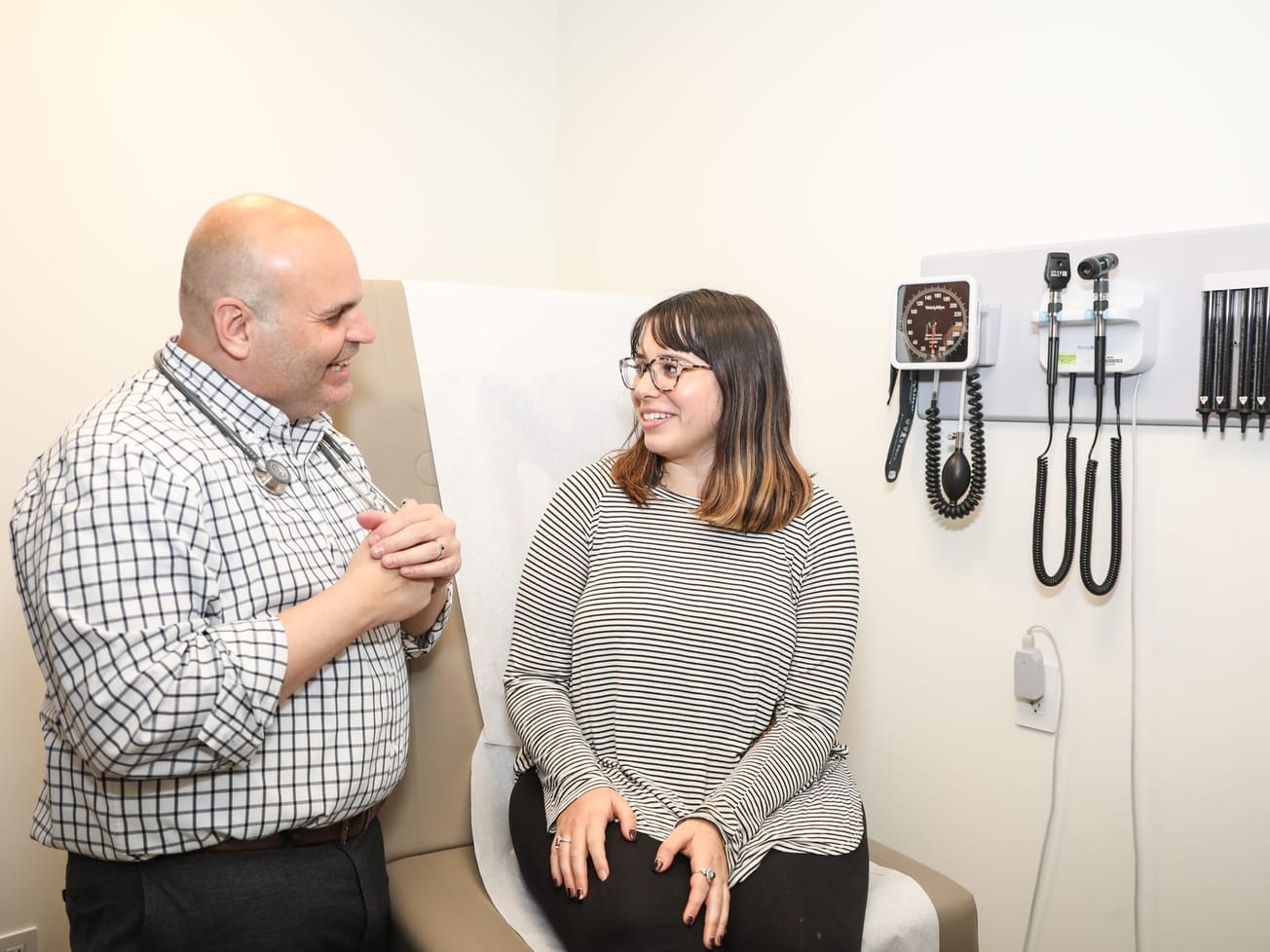“The Band’s Visit” has already been lauded as the best musical of the season by scores of reviewers.
The show has been selling out the Ethel Barrymore Theatre, with grosses hovering around and sometimes leaping past $1 million.
But in the middle of all of that, lead producer Orin Wolf has been feeling a bit numb as he deals with the frenzy of responsibilities that come with bringing a new, quiet musical to Broadway.
“You’re having to think about things like advertising and marketing, and you’re trying to remember the heart of what you’ve created and what you’re trying to put out there in the world, under the weight and pressure of the commercial needs of running a show on Broadway,” Wolf said.
Then he pauses to consider the fact that he and the show have made it this far.
“But how lucky am I? I love it. I love doing it, and I’m trying hard not to mess it up,” he said.
The idea to bring “The Band’s Visit” to the stage originated with Wolf around 2007, when he and his wife attended the “Other Israel Film Festival” and saw the film about an Egyptian band stranded in a small town in Israel.
“We’re sitting there watching the film and as soon as the credits started rolling, I said to my wife ‘This has gotta be staged,’” Wolf said.
The film did not have any big theatrical moments, per se, but Wolf saw an opportunity to unearth the inner turmoil of the characters on a stage, while playing on the “inherently theatrical” idea of being stuck. He also felt drawn in by the fact that the characters were speaking to each other in their second language, and thus choosing their words carefully. (“And that’s Shakespearean,” Wolf said.)
With that vision in mind, Wolf set out to acquire the rights — a process which initially involved a series of rejections and then tracking down writer and filmmaker Eran Kolirin in Israel — and then brought on composer David Yazbek and book writer Itamar Moses to create what he was unable to do on his own.
“It’s like wanting to grab something without arms. So then Yazbek and Itamar became my arms,” Wolf said.
Hal Prince played an integral role in this early development process, acting as a director, looking at early drafts as the creative team broadened scenes and characters from the movie, and, crucially, telling Wolf that the show should be a musical, rather than a play with music.
Prince, who has served as a mentor to Wolf since he won the T Fellowship for Creative Producing in 2007, later left the project to work on his own show, “Prince of Broadway,” and David Cromer took over as director.
When the show opened at the Atlantic Theater Company in December 2016, it received rave reviews, which brought a welcome influx of funding that could take it to Broadway.
“I had been working on it for seven years and struggling to make an option payment to the filmmaker and rent a studio to put up a reading,” Wolf said. “All of a sudden people are throwing money at you.”
Still, Wolf, a first-time lead producer on Broadway, was concerned that the musical was not commercial enough to sustain a Broadway run.
It’s a concern that has plagued many producers as they’ve brought unknown properties to the Great White Way.
Though Stacey Mindich, lead producer on “Dear Evan Hansen,” feels her taste leans commercial and felt drawn to her own musical, she said it is always hard to determine whether a piece will be able to gain mass appeal.
“You don’t decide unfortunately,” Mindich said. “You just wait and see.”
Mindich did help along the commercial process of “Dear Evan Hansen” by bringing the show to Washington D.C. and then off-Broadway to the Second Stage Theater, in part so she could build word of mouth and build an audience for the Music Box Theatre.
This was a tactic that “Come From Away” employed as well, staging a handful of out-of-town tryouts for the “9/11 musical with a weird title and no stars,” as producer Sue Frost described it at a BroadwayCon panel in January, to generate the demand it sees on Broadway.
Wolf had word-of-mouth buzz from the off-Broadway production and the star name of Tony Shalhoub, but he knew the choice of venue would be key to the show’s success. He needed a space that still felt intimate, but also one that would be prominently seen, which led him to the 1,058-seat Ethel Barrymore Theatre.
“The Band’s Visit” had a strong opening at the Barrymore in the fall, but now Wolf is focused on what happens in the coming months, when big brands such as “Mean Girls” and “Frozen” enter the scene.
“I feel an extraordinary responsibility to stay on this and try to deliver this message and exist in a spring that is going to be very hard for a show like ours,” Wolf said.
In addition to going up against the marketing power of those two musicals, “The Band’s Visit” has the challenge of remaining top-of-mind after opening early in the season.
And it’s competing without the flashy song-and-dance numbers of a typical musical.
But standing out may be to the show’s advantage.
“It’s not a two thumbs up, ‘I left the theater slapping my knees and giggling’ [show]. It’s something else,” Wolf said. “But ultimately I think it’s happy.”

























































